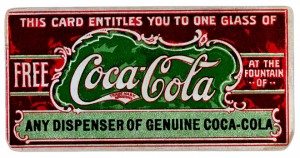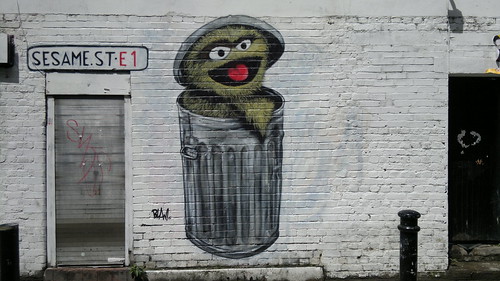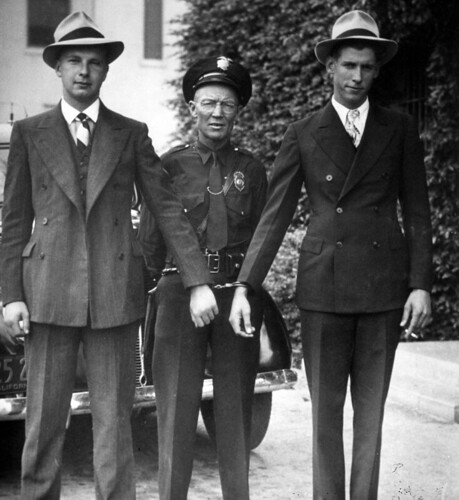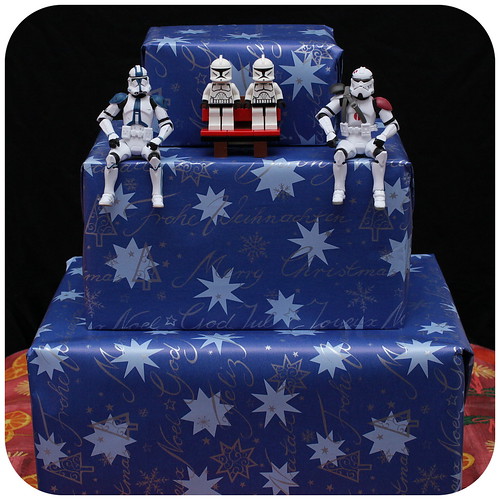Happy World Puppetry Day!
Who doesn’t love puppets? Okay, some are super creepy, but at least we know our 10 favorite puppet words won’t come suddenly come alive and attack us. At least we hope not. Enjoy!
mammet
“The unhappy Charles II. of Spain, a kind of ‘mammet’ (as the English called the Richard II. who appeared up in Islay, having escaped from Pomfret Castle), had for his first wife a daughter of Henrietta, the favorite sister of our Charles II.”
Julian Hawthorne, The Lock and Key Library, 1915
A mammet is a false god, idol, or “person who is the tool or puppet of another; a man of straw,” according to the Oxford English Dictionary (OED). The word comes from the Old French mahommet, “idol,” which comes from the medieval Christian belief that the prophet Muhammad was worshipped as a god.
marionette
“Don’t expect a flight sim here: The control is very arcadelike, and at slow speeds can feel more like you’re controlling a marionette than a group of planes.”
Chris Kohler, “Super Paper Mario Leads Onslaught of New Wii Games,” Wired, April 27, 2007
The word marionette is French and means literally “little little Mary,” says the Online Etymology Dictionary. Marionette is a diminutive of the Old French mariole, “figurine, idol, picture of the Virgin Mary.”
In addition to being a puppet on strings, marionette also refers to the buffie or buffle-headed duck, as well as “a small complicated arrangement at the end of the batten in a ribbon-loom,” which, according to the Century Dictionary, “is curiously lifelike in its motions,” hence the name.
Muppet
“With the exception of curmudgeons (RIP Andy Rooney) such as Oscar, Statler, and Waldorf, the Muppets are brimming with optimism from their pieholes to their puppetholes.”
Mark Peters, “Fake Squid, Psychiatric Patients, And Other Muppet Meanings,” The Huffington Post, November 23, 2011
The Muppets were created by Jim Henson in 1955, and the term, Muppet, was apparently an arbitrary coinage by Henson, says the OED, and not a blend of marionette and puppet, although puppet is an obvious influence as well as perhaps moppet.
Throughout the 1980s, Muppet gained other meanings, including a fishing lure made to resemble “a young squid”; British prison slang for “a prisoner with psychiatric problems”; and “an incompetent or ineffectual person; an idiot.”
neurospast
“The Czar, a miserable neurospast at best, has neither the courage nor the brains to cope with the situation.”
The Comrade: An Illustrated Socialist Monthly, September 1903
Neurospast, a puppet on strings, is Greek in origin, coming from neuron, “nerve,” and spastikos, “afflicted with spasms.”
pootly-nautch
“If it is true, and I believe it is, that every great institution must have a big man behind it, what do you expect of Patton’s Princeton Pootlynautch?”
Alexander Berkman and Emma Goldman, Mother Earth, March 1907
Pootly-nautch, a puppet show, comes from a Hindi term meaning “wooden-puppet-dance.” For more English words derived from Indian languages, check out our post, Hobson-Jobson Soup.
poppet
“Six days ago, when I brought her my first earnings in full—twenty-three roubles forty copecks altogether—she called me her poppet: ‘poppet,’ said she, ‘my little poppet.’”
Fyodor Dostoevsky, Crime and Punishment, 1917
Poppet, an obsolete term for puppet, is also a term of endearment, a doll, an effigy used in witchcraft, and in shipbuilding, a piece of wood used for various purposes.
There are a number of possibly origins of the word, says the OED, including the Middle French poupee, the Anglo-Norman poppe, and the Middle Dutch poppe, all of which mean “doll” and ultimately come from the Latin pupa, “girl, doll.” (The pupa is so-called because of its resemblance to a swaddled infant or doll.)
Punchinello
“Sophia was charmed with the contemplation of so heroic an action, and began to compliment herself with much premature flattery, when Cupid, who lay hid in her muff, suddenly crept out, and like Punchinello in a puppet-show, kicked all out before him.”
Henry Fielding, The History of Tom Jones: A Foundling
Punchinello is “the short fat buffoon or clown in an Italian puppet show” originating in the 17th century. The word ultimately comes from the Italian pollecena, “turkey pullet (from the resemblance between its beak and Punchinello’s nose).”
Punch, “the quarrelsome hook-nosed husband of Judy in the comic puppet show Punch and Judy,” is a shortening of Punchinello. This is where we get the term pleased as Punch, which refers to “his unfailing triumph over enemies.”
quisling
“Using the 2011 English riots as justification, the conservative junta introduced a brutal and oppressive regime where the BBC has become a quisling tool of the state by commandeering every CCTV camera in the UK.”
Kevin McKenna, “When Glasgow’s Undead Rise Up,” The Guardian, August 20, 2011
A quisling is “a traitor who serves as the puppet of the enemy occupying his or her country,” and is named for Vidkun Quisling, the head of Norway’s government during the Nazi occupation in the 1940s.
sock puppet
“One of the joys of the Internet age is the great new lingo it is producing. To ‘flame wars’ and ‘phishing’ we can now add ‘sock puppet.’”
“Sock Puppet Bites Man,” The New York Times, September 13, 2006
A sock puppet is a false identity used by someone on the Internet “to talk about themselves in the guise of a neutral observer,” often in the form of extravagant praise. Some notable examples.
wayang
“Wahid may be the ultimate master of the wayang, Javanese shadow puppetry in which nothing is as it appears.”
Ron Moreau, “Duel of the Shadow Puppets,” Newsweek, October 24, 1999
Wayang refers to “the shadow-play of [Indonesia and Malaysia], played with colored marionettes cut out of flat pieces of leather.” Wayang is the Javanese word for “shadow.”
[Photo: Untitled, No known copyright restrictions, by Smithsonian Institute]
[Photo: “Wayang (musée d’art oriental, Venise),” CC BY 2.0 by dalbera]








